Solar Power: Benefits of Owning vs Leasing
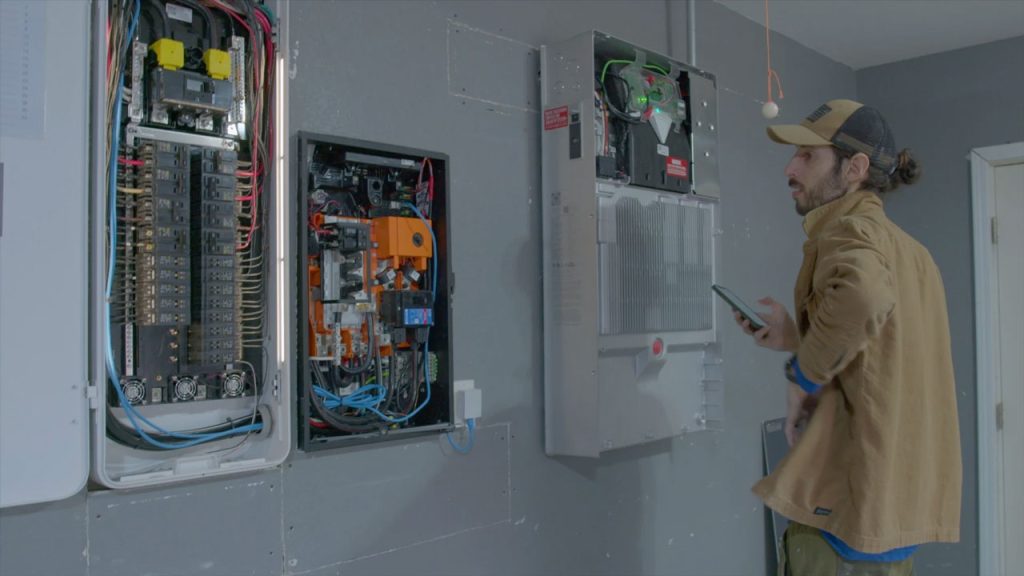
This post looks at the reasons as to why owning a solar system has long term benefits. We will also take a look at leasing and some of the benefits and pitfalls of solar as a service. Introduction As the popularity of solar power started to grow many solar companies opted to offer their customers […]
Tesla Powerwall 3: Ultimate Hurricane Season Backup
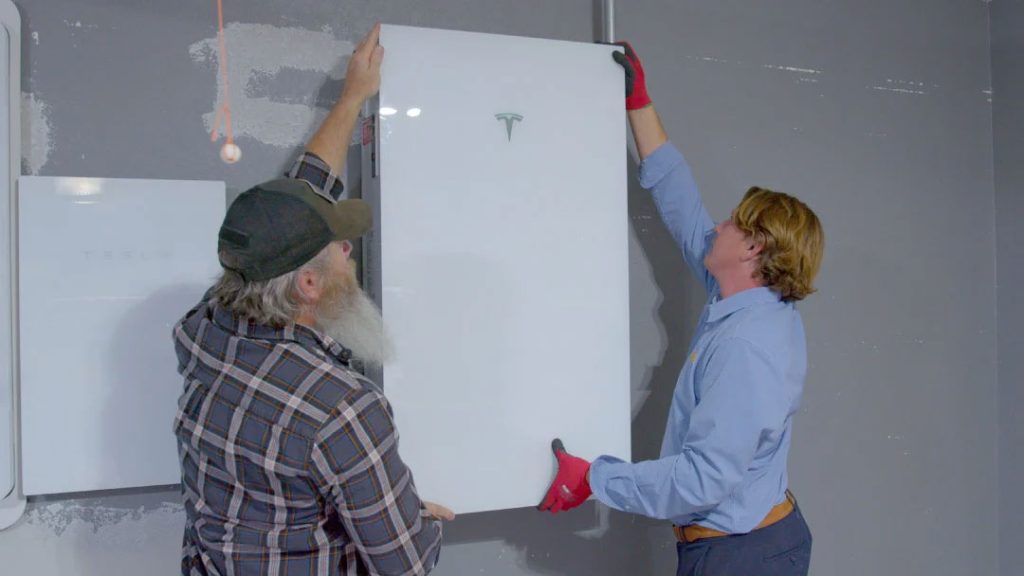
Explore the benefits of Tesla Powerwall 3 as the ultimate backup solution for hurricane season in Florida, Georgia and the Gulf States. Learn about its advanced technology and why it’s a game-changer for homeowners in hurricane-prone areas when paired with solar power. Introduction With the arrival of the Tesla Powerwall 3, homeowners now have access to […]
Georgia Power Solar Program: Solar Power Incentives

Georgia’s potential to harness solar energy depends on the amount of sunlight hitting the Earth’s surface, known as “solar radiation.” Various factors like weather conditions, humidity, and haze can affect local solar radiation. Thankfully, in Georgia, the sun is strong and provides ample energy helping to power peoples’ homes! The Georgia Solar Power Program. In […]
How to Start Living Off Grid in Florida & Georgia
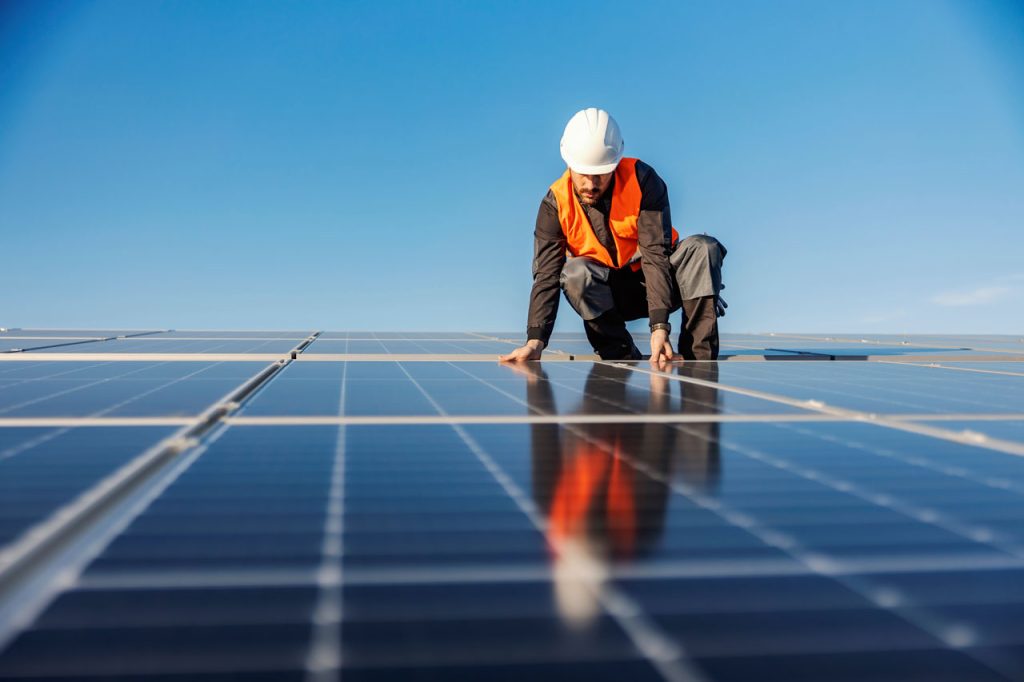
Welcome to the land of endless sunshine, where the allure of turquoise waters meets the tranquility of rustic landscapes. Florida, renowned for its vibrant cities and world-famous attractions, also harbors hidden gems for those seeking a different kind of paradise – the off-grid lifestyle. If you’re one of those individuals drawn to embracing self-sufficiency, connecting […]
Solar Installer Jobs: Preparing for Your Solar Panels
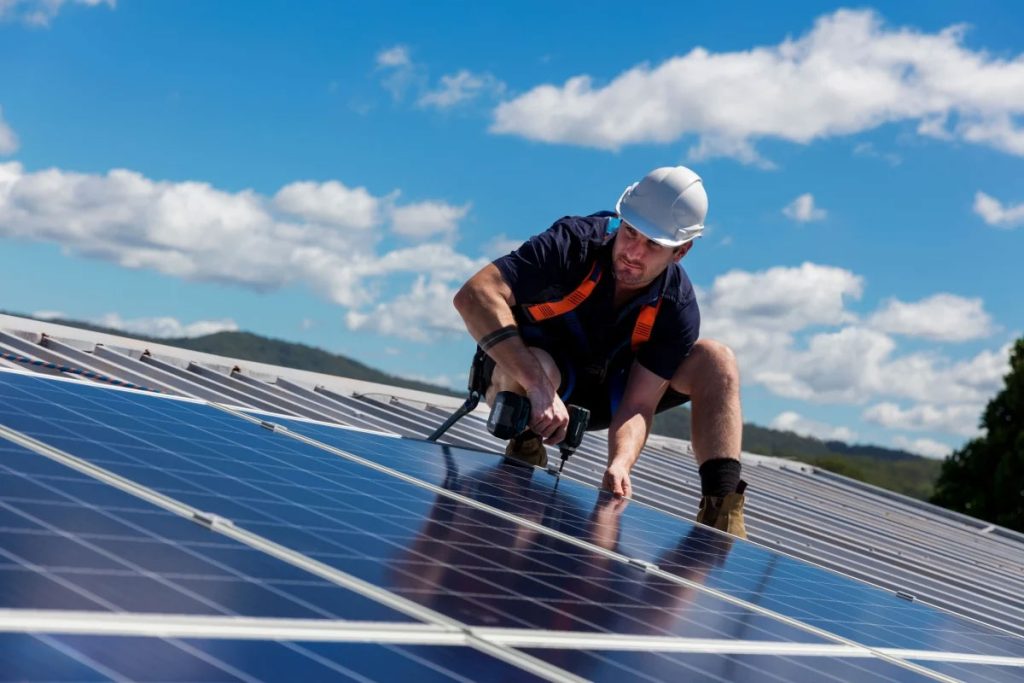
The solar industry has witnessed a remarkable surge in recent years, driven by the global push towards sustainable energy solutions. As companies increasingly embrace solar power, the demand for skilled professionals, particularly solar installers, has reached new heights. This article aims to shed light on the pivotal role of solar installers, offering valuable insights for […]
Solar Battery for Lights: Recharge Sustainably (Affordably!)
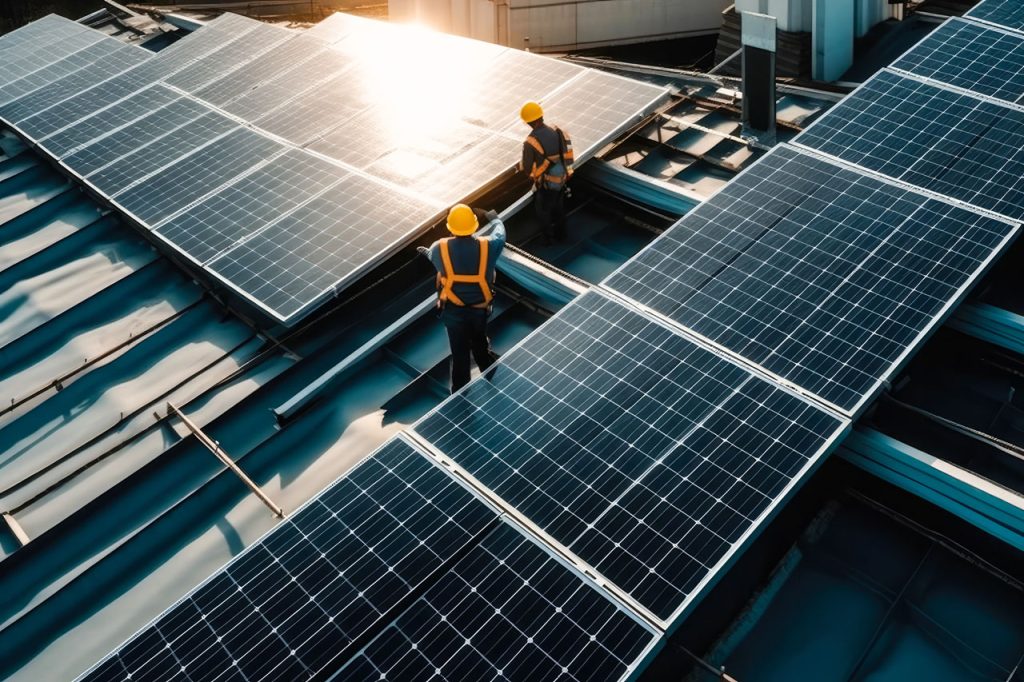
In the sunny states of Georgia and Florida, homeowners have a golden opportunity to harness the sun’s power to light up their lives sustainably and affordably. Solar energy isn’t just for your home’s electricity needs; it can also be a game-changer when it comes to lighting and powering your devices outside of the home. This […]
Comprehensive Guide to the Cost of Solar Panels in Florida
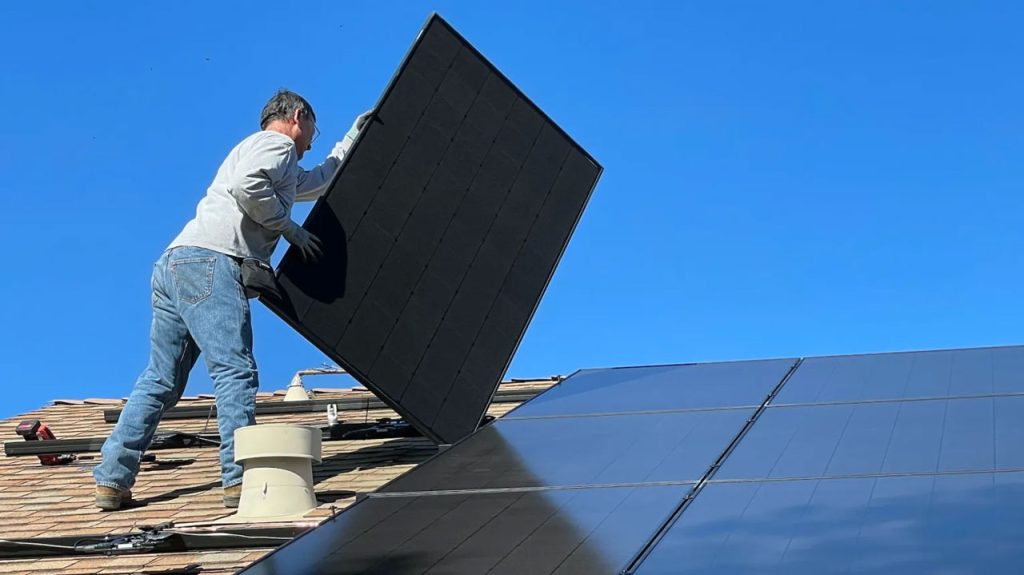
If the sun were to send Florida an invoice for its luminous service, would you dare to guess its value? Let’s just say it would be enough to put the Florida electric utility companies out of business. We now live in a time where sustainability intertwines with savvy economics; solar energy takes center stage. While […]
Emergency Solar Power Systems: Beyond Basic
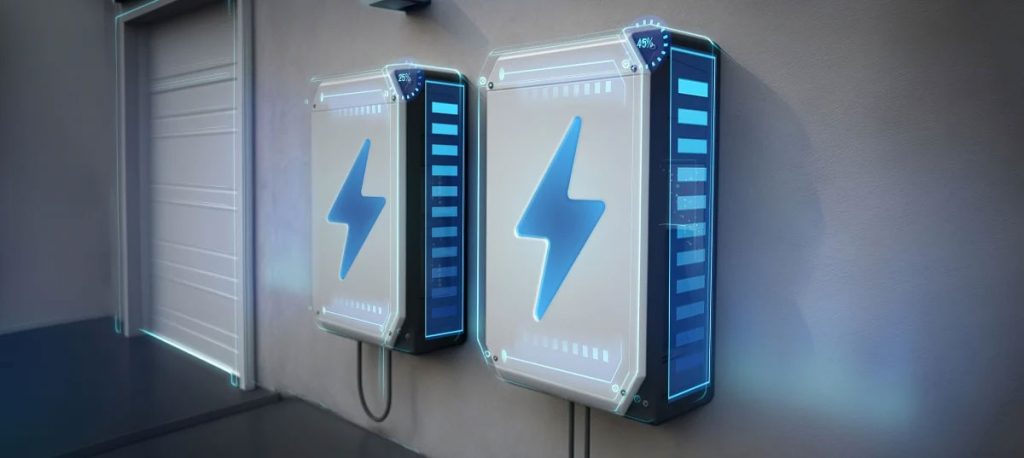
With uncertainty in the realm of power supply, the need for a dependable and sustainable emergency backup power system has never been more apparent. A reliable backup solution is paramount, with frequent power outages arising from extreme weather events, grid failures, unforeseen disasters, and geopolitical instability. Smart Energy Management Energy Monitoring and Remote Control Expandable […]
Solar Battery Cost: Optimizing Nocturnal Power Consumption
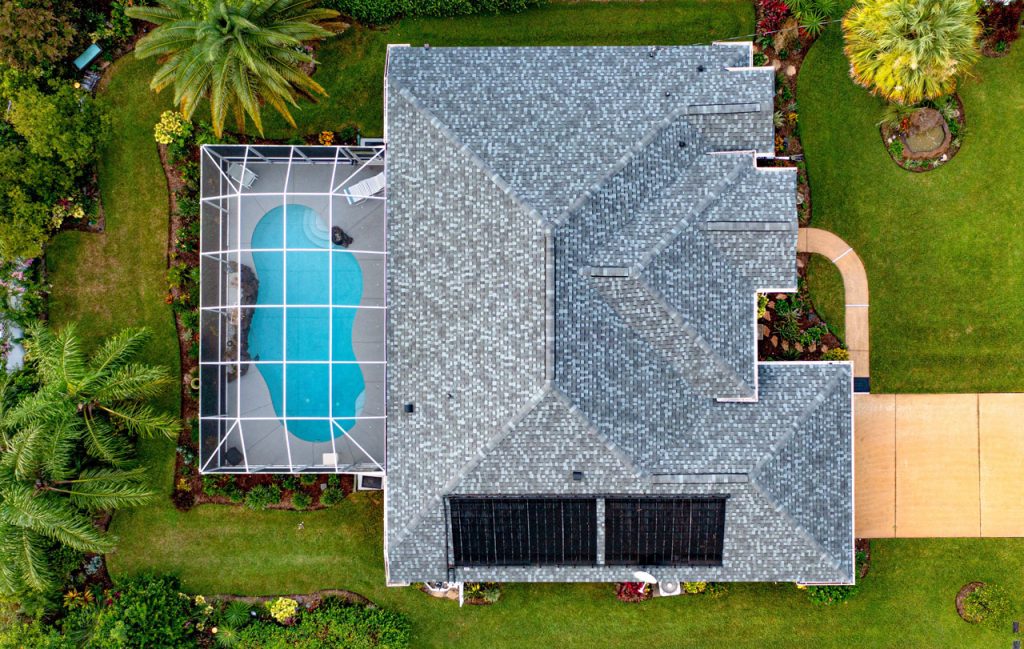
Solar power has emerged as a popular choice for homeowners and businesses alike, harnessing the energy of the sun to generate electricity. However, a crucial challenge in the adoption of solar power is the intermittent nature of sunlight, as it’s not always available when we need it, especially at night. This is where solar batteries […]
How Long do Solar Batteries Last? 5 Ways Keep Them Going
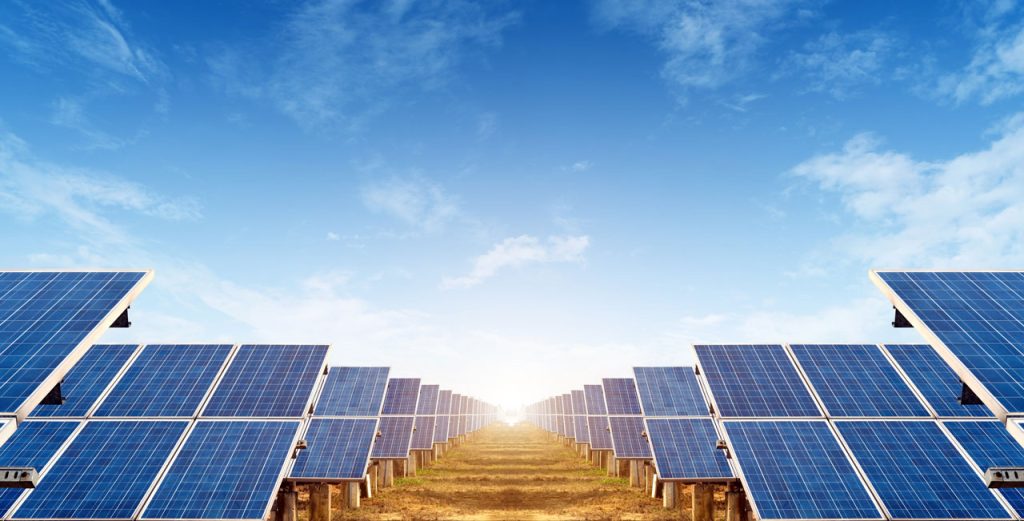
Solar power is a clean and sustainable energy source that has gained widespread adoption for its environmental benefits and cost savings. One of the key components of solar power systems is the solar inverter. This critical device converts the direct current (DC) electricity solar panels generate into the alternating current (AC) used in our homes and businesses. […]
Florida Net Metering: All You Need to Know About Florida Solar Savings
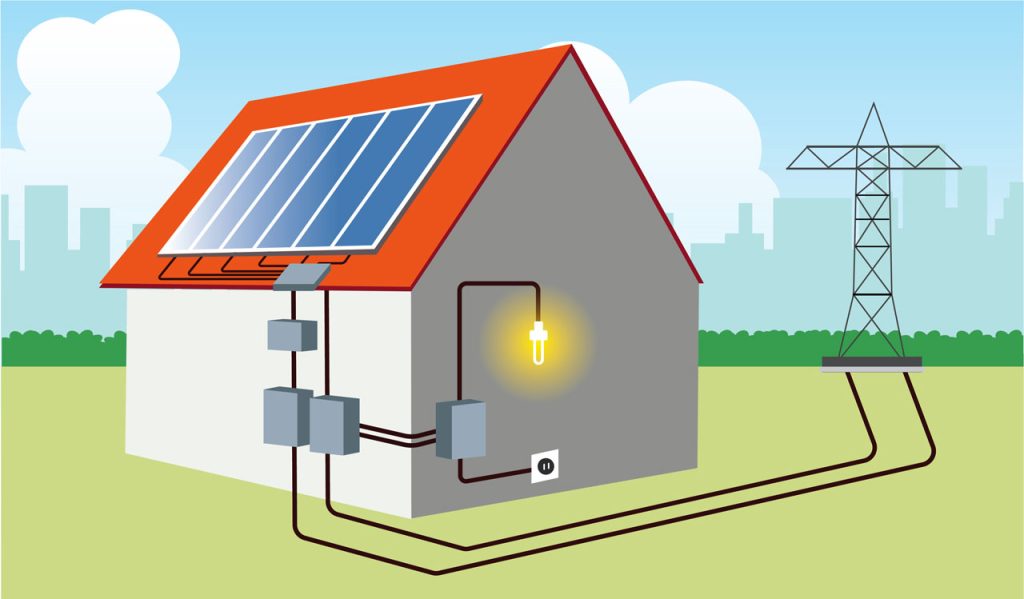
Harnessing the power of the sun to generate electricity has become increasingly popular in recent years, and Florida is no exception. With the Sunshine State’s abundant sunlight, many residents have turned to solar panel installations to both reduce their carbon footprint and save on their energy bills. One crucial component of this solar revolution in Florida is […]
Solar Power Bank Best Practices: Continuous Energy
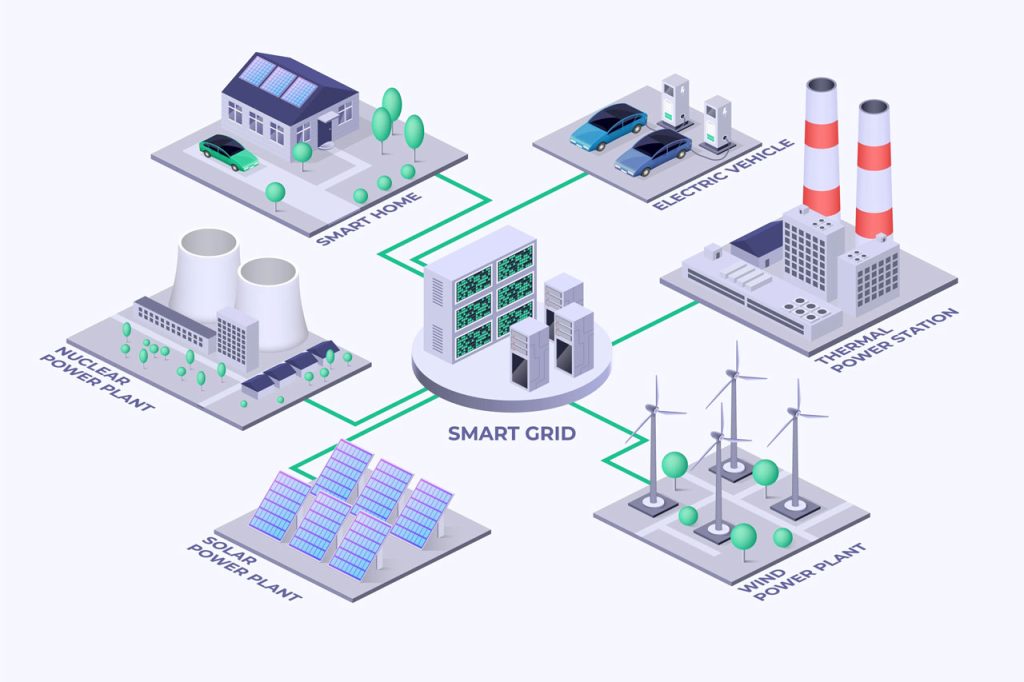
As the world increasingly recognizes the need to harness clean and renewable energy sources, this remarkable device has emerged as a beacon of hope in our quest for greener, more sustainable power solutions. A solar power bank charger is more than just a gadget; it’s a testament to human ingenuity and our ability to tap […]